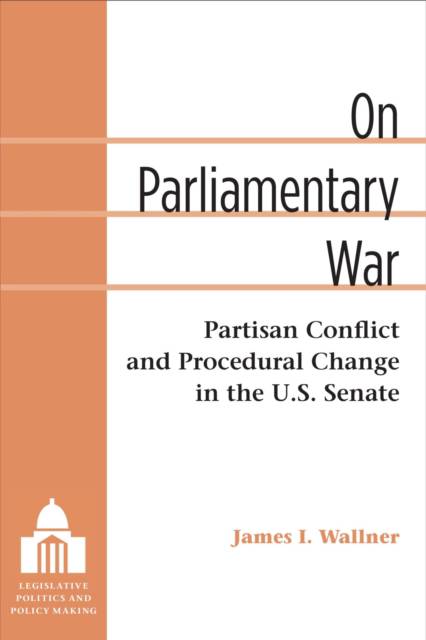
- Afhalen na 1 uur in een winkel met voorraad
- Gratis thuislevering in België vanaf € 30
- Ruim aanbod met 7 miljoen producten
- Afhalen na 1 uur in een winkel met voorraad
- Gratis thuislevering in België vanaf € 30
- Ruim aanbod met 7 miljoen producten
Zoeken
€ 122,95
+ 245 punten
Omschrijving
Utilizes game theory to better understand the relationship between procedural change and partisan conflict in a dysfunctional U.S. Senate
Specificaties
Betrokkenen
- Auteur(s):
- Uitgeverij:
Inhoud
- Aantal bladzijden:
- 264
- Reeks:
Eigenschappen
- Productcode (EAN):
- 9780472130542
- Verschijningsdatum:
- 15/11/2017
- Uitvoering:
- Hardcover
- Afmetingen:
- 152 mm x 229 mm

Alleen bij Standaard Boekhandel
+ 245 punten op je klantenkaart van Standaard Boekhandel
Beoordelingen
We publiceren alleen reviews die voldoen aan de voorwaarden voor reviews. Bekijk onze voorwaarden voor reviews.











